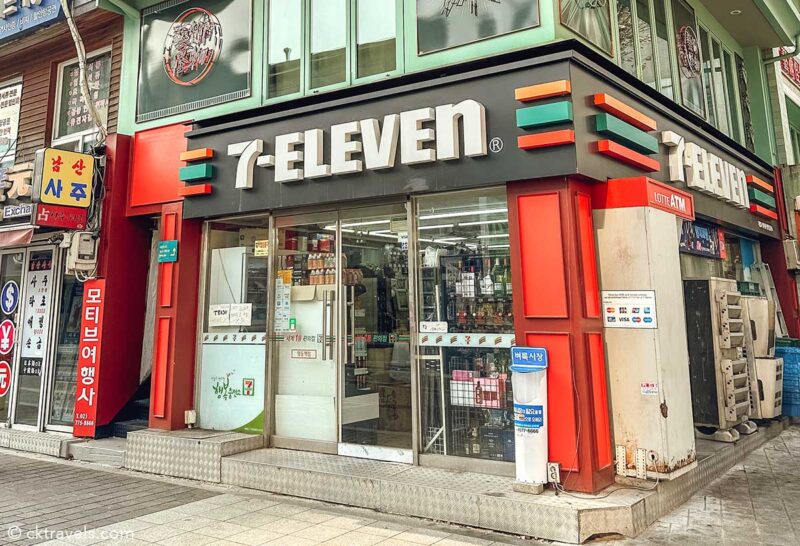7-Eleven in South Korea is currently making headlines as it embraces the new central bank digital currency (CBDC) across its stores. The popular convenience store chain has officially joined South Korea’s Hangang Project, which allows regular customers to pay for their purchases using the digital won through a simple QR code system that’s linked to digital wallets from seven participating banks in the country.
Also Read: Canada Willing to Remove Tariffs if US Does, Doug Ford Says
CBDC in Retail: How 7-Eleven’s Move Shapes Digital Transactions


The Hangang Project Explained
The Hangang Project is South Korea’s ambitious pilot test for its own central bank digital currency. The Bank of Korea launched the initiative, which is currently running from April 1 to June 30, in partnership with the country’s Financial Services Commission and also the Financial Supervisory Service. At the time of writing, organizers expect around 100,000 citizens to participate in the program, which allows them to convert their regular bank deposits into tokenized CBDC via digital wallets.
Seven major financial institutions have been included in this 7-Eleven CBDC South Korea initiative, such as KB, Shinhan, Hana, Woori, NongHyup, IBK, and Busan. A conversion limit of 5 million won (approximately $3,400) was established for participants during the testing period. The pilot’s main goal is to examine how a retail CBDC functions in everyday transactions and also help build a framework for South Korea’s future monetary system.
7-Eleven’s Role in Digital Payments
As the only convenience store chain currently participating in the Hangang Project, 7-Eleven’s involvement in CBDC retail transactions represents an important strategic move in the digital payments landscape. The company has implemented the payment system across its locations nationwide, and is also offering customers an attractive 10% discount on all products purchased using the digital won through June.
The designers created the payment process with simplicity in mind – customers just need to generate a QR code from their CBDC wallet connected to one of the participating banks and then present it at the checkout counter. This approach basically eliminates the need for shoppers to register for any additional services.
Also Read: Ethereum: How High Will ETH Surge In April 2025?
Broader CBDC Implementation
Beyond 7-Eleven CBDC South Korea locations, various other establishments including coffee shops, supermarkets, K-pop merchandise stores, and even online delivery platforms also accept the digital won. This implementation aims to test the central bank digital currency adoption across different retail environments.
South Korea’s CBDC plans have actually been under development since 2020. The Bank of Korea first announced the retail testing program in November 2023, originally scheduled for late 2024 but apparently accelerated. South Korea has also sought international collaboration to strengthen these efforts, including a December 2023 agreement with Italy’s Banca d’Italia to share knowledge on CBDC development.
Crypto Adoption Alongside CBDC
While the government advances its CBDC retail transactions strategy, South Koreans have shown a growing interest in traditional cryptocurrencies as well. By February, the country had approximately 16.29 million crypto investors – roughly 32% of the population.
According to data shared by Rep. Cha Gyu-geun of the Rebuilding Korea Party, the number of crypto investors in South Korea first exceeded 14 million in March 2024.
Also Read: Dogecoin: $540 Worth Of DOGE Becomes $1 Million Today
The 2025 Government Public Ethics Committee report revealed that 411 of 2,047 public officials have directly invested in digital assets, highlighting the widespread appeal of crypto across Korean society.





